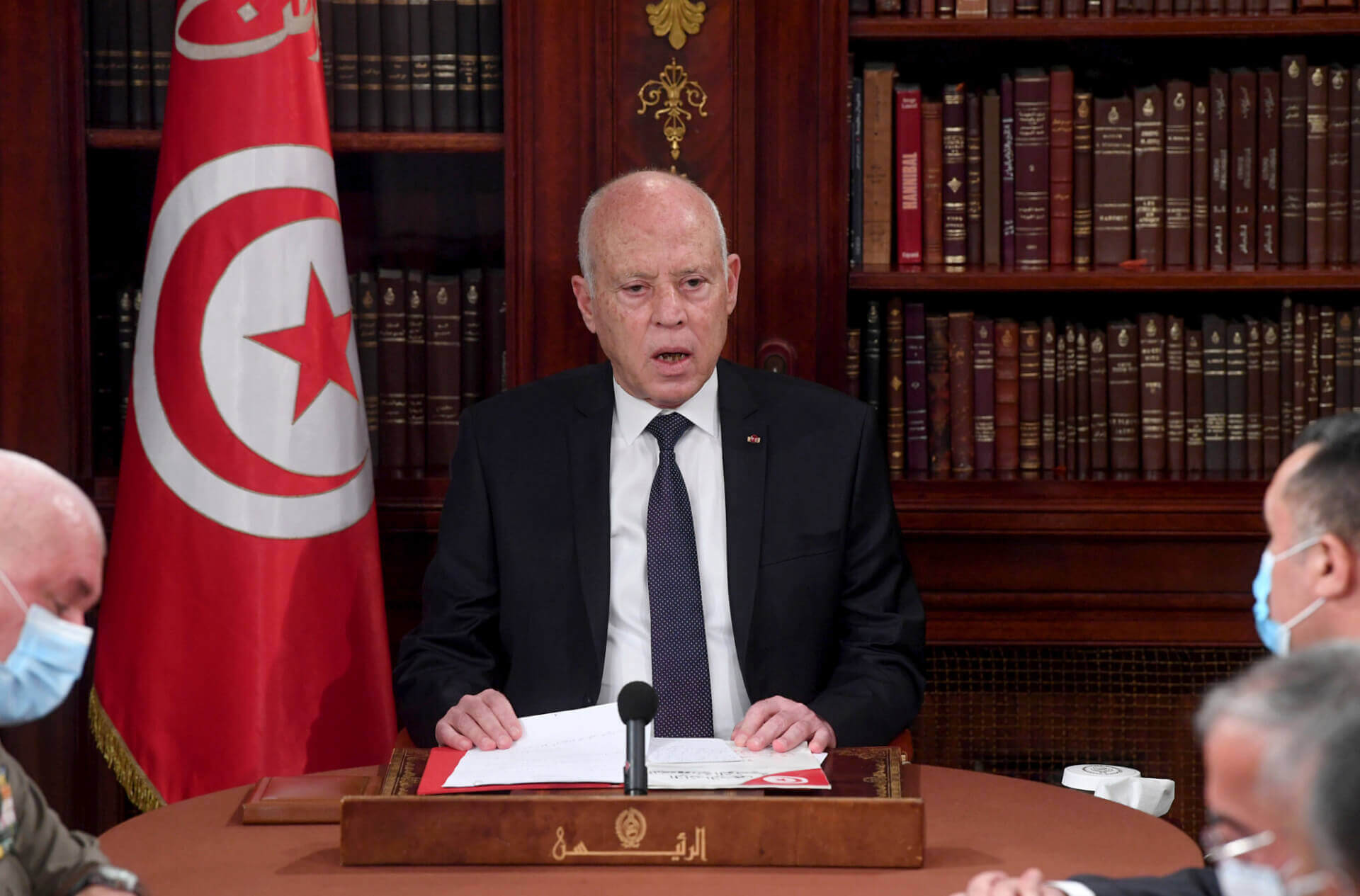South Asia
Bhutan has vaccinated nearly 93% of its adult population over the past month. Overall, the country has vaccinated 62% of its 800,000 people. [The Hindu]
At least six Rohingya died on Tuesday, while thousands have been relocated to refugee camps in Bangladesh’s south-east after monsoon rains triggered landslides and flash floods in the hilly Balukhali camp in Cox’s Bazaar. [NDTV]
Central Asia and the Caucasus
The Taliban has put Tajik militant group Jamaat Ansarullah in charge of five districts in northern Afghanistan near the border with Tajikistan, security sources told RFE/RL on Tuesday. However, Taliban spokesman Zabihullah Mujahid denied such claims and said the group was in favour of good ties with Tajikistan. [RFE/RL]
The parliaments of Azerbaijan, Pakistan, and Turkey signed the Baku Declaration of cooperation on Tuesday. The agreement is meant to institutionalise trilateral relations and “contribute to ensuring security in the region.” [Azer News]
East and Southeast Asia
The death toll from floods in central China’s Henan province rose to 71 on Tuesday. 14 of these died in a subway, which has now been sealed as a rare mark of sensitivity to public criticism of the government’s handling of the disaster. [France24]
China’s top legislative body is set to discuss imposing new laws on Hong Kong and Macau next month, in a move that could see Beijing assert more influence in the two special administrative regions. [The Straits Times]
Europe
Kremlin critic Alexei Navalny, who remains in jail, has called on citizens to exercise their voting power to defeat pro-government politicians in the country’s upcoming parliamentary elections in September. On Monday, however, the national media regulator banned 49 websites affiliated with Navalny. [The Moscow Times]
The European Union (EU) on Tuesday urged Tunisian President Kais Saied to reinstate the parliament and restore the fundamental rights of people, after he dissolved the legislature and ousted the government for a month. EU foreign policy chief Josep Borrell said, “Tunisia’s democratic foundations, respect for the rule of law, the constitution and the legislative framework must be preserved while remaining attentive to the wishes and aspirations of the Tunisian people.” However, the Union refused to set any deadline for compliance or consequences for failure to comply. [Politico]
Latin America and the Caribbean
Haitian police have arrested the general security coordinator at the presidential residence, who is suspected to have played a role in the assassination of President Jovenel Moïse on July 7. Hundreds of citizens have taken to the streets to demand justice for Moïse. [Associated Press]
The Cuban embassy in Paris was attacked with Molotov cocktails in an event that Foreign Minister Bruno Rodríguez Parrilla has held the United States government responsible for. He said that Washington “encourage[s] these behaviours and calls for violence, with impunity, from its territory.” [Telesur]
Middle East and North Africa (MENA
Former Iraqi Prime Minister and leader of the Al Nasr coalition Haidar al-Abadi called on Turkey to end its “military occupation, and other forms of interference in the political, security and economic affairs of Iraq.” Abadi’s comments come amid frequent Turkish ground and air offensives against Kurdistan Workers Party (PKK) militants in northern Iraq. [Rudaw]
Tunisian President Kais Saied sacked Defence Minister Ibrahim Bartaji and acting Justice Minister Hasna Ben Slimane a day after dismissing the Prime Minister and suspending the parliament for 30 days. Opposition leaders have called the move a “coup” and rights bodies have warned that it could negatively affect human rights in Tunisia. [Africa News]
North America
Prior to his visit to India, United States Secretary of State Antony Blinken spoke with newly-appointed Nepali Prime Minister Sher Bahadur Deuba. According to a statement put out by State Department Spokesperson Ned Price, the pair talked about the US’ recent delivery of 1.5 million COVID-19 vaccines to Nepal, and about coordinated measures to “combat the effects of climate change.” [US Department of State]
On Tuesday, United States (US) Secretary of Defence Lloyd J. Austin III visited Singapore to meet with his Singaporean counterpart Ng Eng Hen. The pair put out a joint statement celebrating their continued bilateral training exercises. Furthermore, they also talked about American forces’ use of Singapore’s facilities and the logistical support the country provides to US military aircraft and vessels. [US Department of Defense]
Oceania
The lockdown in Australia’s New South Wales (NSW) will be extended by four weeks and is likely to remain in place until August 28. The decision comes after the state recorded 172 new COVID-19 cases on Monday. NSW Premier Gladys Berejiklian introduced a ‘single bubble’ to provide some relief to residents, with those living alone now able to nominate one person who can visit them during the lockdown. [The New Daily]
Former Australian Prime Minister Tony Abbott has advised Britain to remain cautious in its relations with the Chinese government. Abbott, who serves as a trade adviser to the British government, has indicated a new Cold War and said that the Asian giant is weaponising trade and advised the United Kingdom against selling critical businesses to Chinese companies and against inviting greater cooperation in the higher education industry. [The New Daily]
Sub-Saharan Africa
Nigerian President Muhamadu Buhari is in London for the Global Education Summit on Financing Global Partnership for Education, which will be co-hosted by British Prime Minister Boris Johnson and Kenyan President Uhuru Kenyatta. The summit is intended to discuss strategies to overhaul and empower education systems in up to 90 developing countries. [Premium Times]
Rwandan and Mozambican forces have allegedly killed 30 Islamist insurgents in Mozambique’s northern Cabo Delgado province. Rwanda has deployed over 1,000 troops to the country as part of the Southern African Development Community’s militarised response to the conflict in the region that has already led to the displacement of over 800,000 people and the deaths of more than 2,000. [New Zimbabwe]
World News Monitor: 28 July, 2021
A quick look at events from around the globe.
July 28, 2021

Tunisian President Kais Saied SOURCE: SLIM ABID / AP
